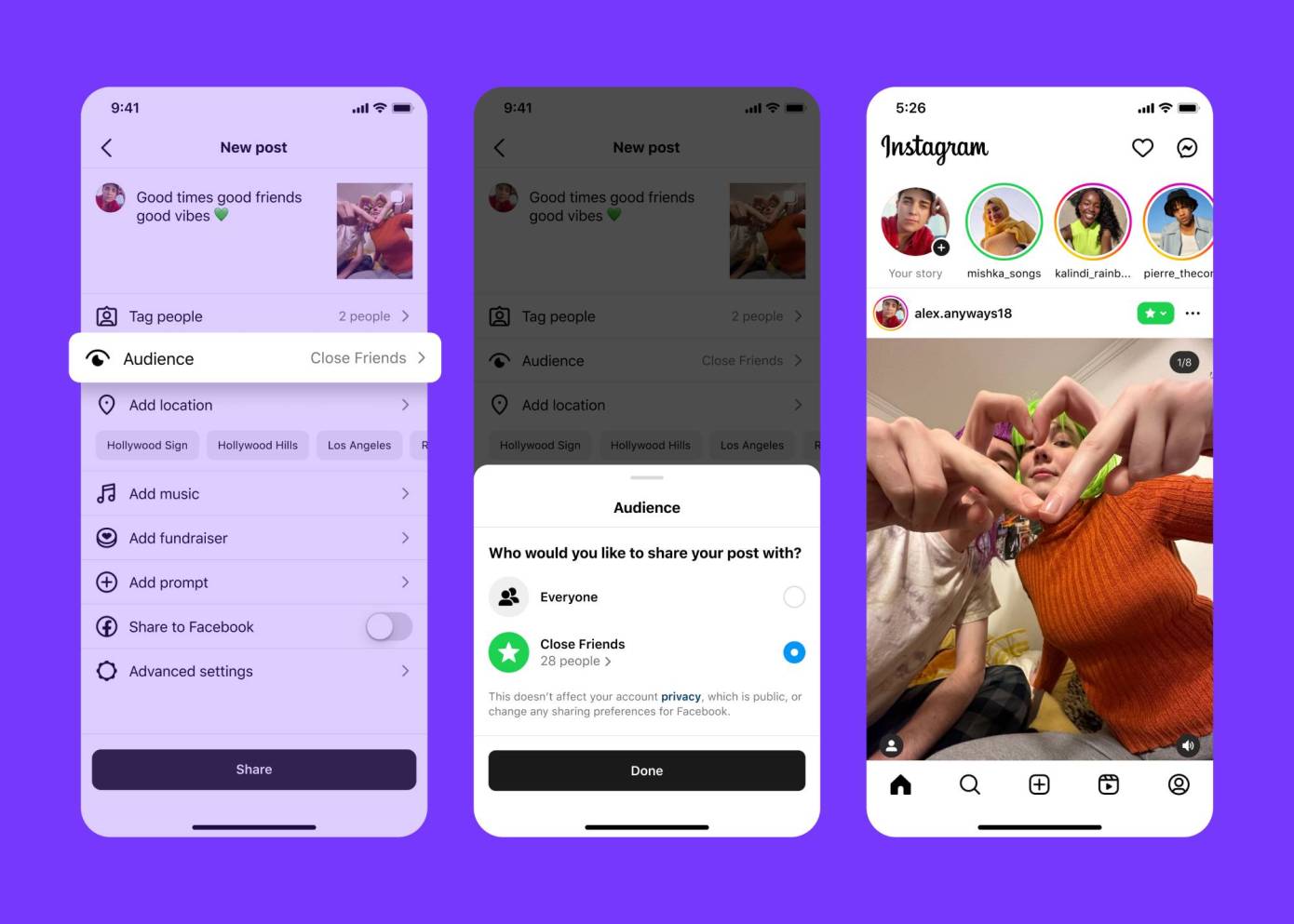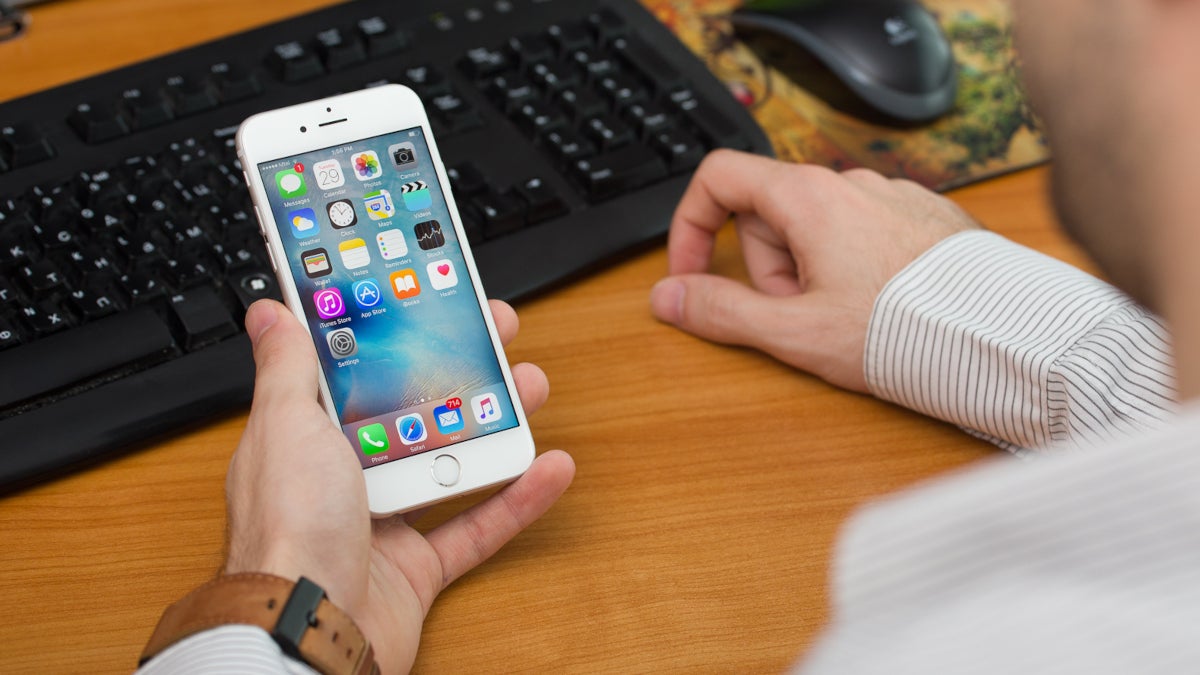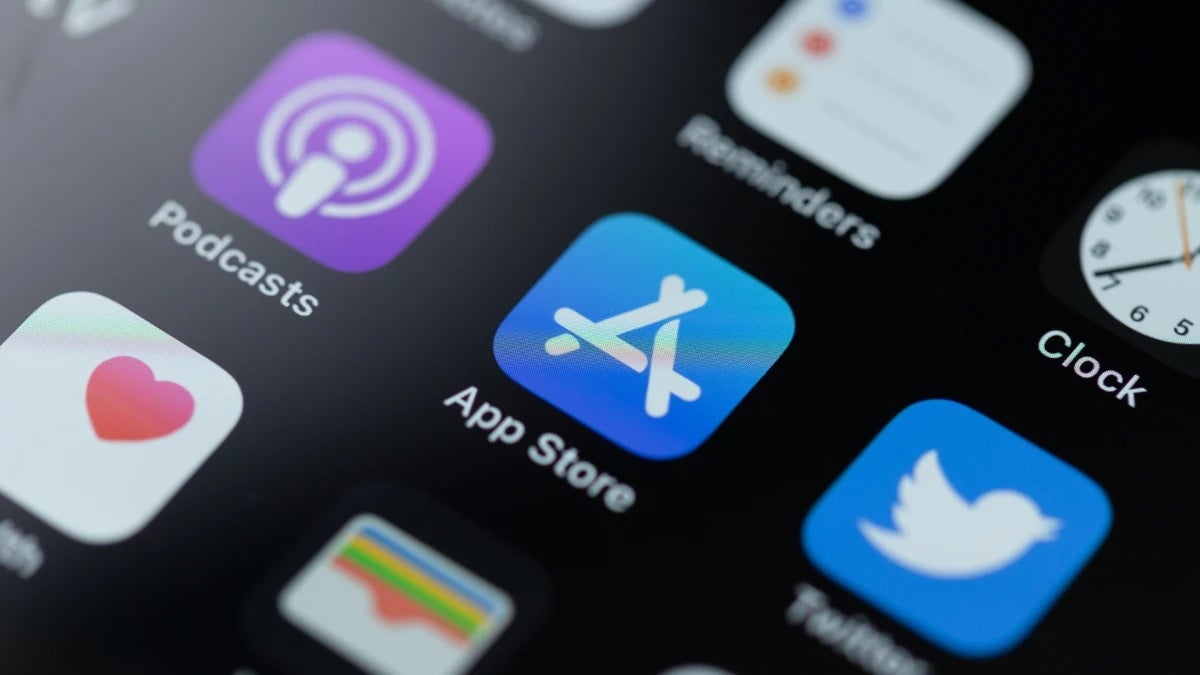The key difference between iOS and Android is that Android allows sideloading apps while iOS does not. Sideloading refers to installing apps from outside the official app store. Apple bans this on iOS due to security concerns – apps from unofficial sources are not vetted and may contain malware.
However, many argue that mature users should have the choice to sideload apps if they wish, even if it poses some risk. They see the iOS “walled garden” as overly controlling. The EU’s Digital Markets Act could force Apple to open up sideloading on iOS in Europe.
On Android sideloading is permitted, but it does carry warnings. As Sundar Pichai testified recently, he cautions Android users about the dangers of sideloading. While Android offers more user choice, sideloaded apps do raise the risk of malware or other phone compromise.
So while Apple’s stance is arguably overprotective, it does protect less tech-savvy users from unwittingly damaging their devices. Still, for those who understand the risks, a strong case exists for permitting sideloading. Perhaps an opt-in system for responsible users could provide more consumer choice while still offering security for others. In the end, there are reasonable arguments on both sides of this complex issue.






/cloudfront-us-east-2.images.arcpublishing.com/reuters/WIIEYS6NCVKV7B55UWTH4ZVUTY.jpg)






